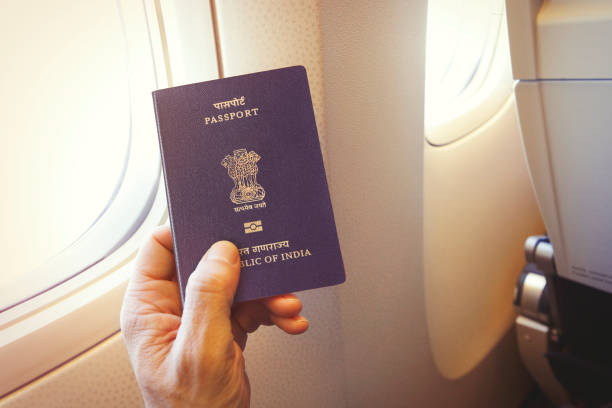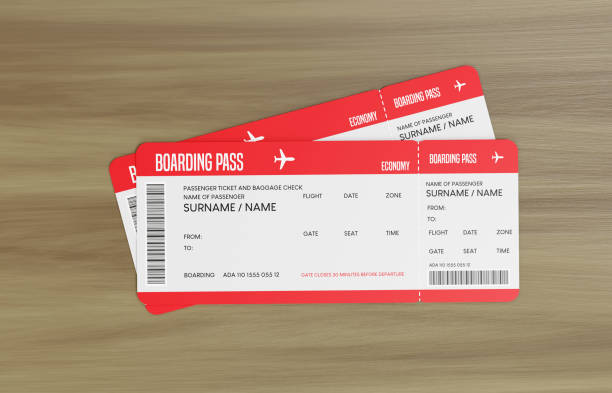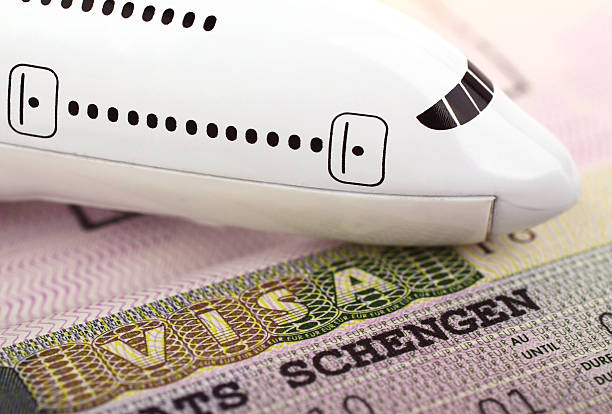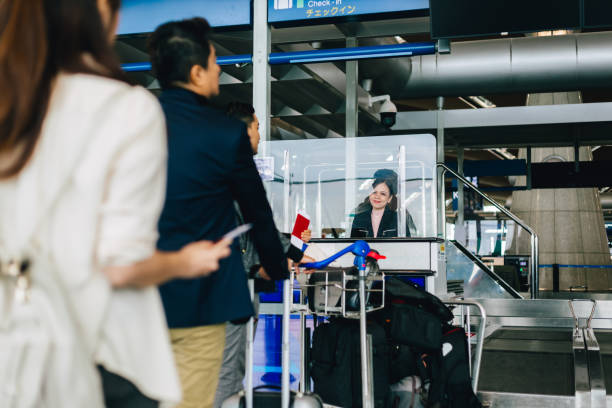
Morocco is a destination that offers a vibrant culture, stunning landscapes, and a mix of ancient and modern attractions. For travelers eligible for a Morocco eVisa, it is critical to understand the entry requirements to ensure that their journey is smooth. This guide outlines key requirements for entry into Morocco with an eVisa and provides tips for preparation.
Travelers must have an approved Morocco eVisa prior to their arrival. The eVisa is your permission to enter Morocco for tourism or business purposes only. Make sure to print a copy of the eVisa and make a digital copy in case immigration asks for it. Double-check the validity dates of your eVisa to confirm it covers your planned entry and exit dates. Overstaying the eVisa can include fines, deportation, or future visa complications. Not violating the conditions of the eVisa will help in having a smooth and trouble-free visit.

Your passport is your key to getting into Morocco, and it has to be valid and up to specific standards to avoid any hitches at immigration. It should be valid for a minimum period of six months starting from the date of entry, hence valid all through your stay. Your passport must have at least one blank page for entry and exit stamps.
It is also very important that information like your name, date of birth, and passport number is the same in both your passport and Morocco eVisa application. If anything fails to match, then it will lead to entry rejection or other delays. All these will ensure a trouble-free journey to Morocco.
Proof of your accommodation is the major requirement of the eVisa process upon arrival in Morocco. With it, immigration can easily cross-check your purpose and tenure of staying. The supportive evidence can thus be presented via:
Furthermore, the presentation of a full travel itinerary serves to reinforce your case for entry. This should ideally outline the activities planned, places to visit, and dates, showing your intentions to see Morocco within the time allowed by the eVisa. Ensuring that all documentation aligns with your eVisa application details and travel plans reassures authorities of your compliance with immigration requirements.

On arrival in Morocco, most nationalities are required to prove an onward or return travel ticket. This indicates an intention to leave Morocco prior to the expiration of their eVisa, valid only for 30 days in the country. An airline flight reservation or a confirmed booking with departure information will be necessary. If not, immigration might question the motive or length of your stay and even deny entry. Having a ticket that is within the period of the validity of your eVisa serves as proof of adherence to the entry policies of Morocco.
Applicants holding an eVisa must demonstrate financial ability to sustain themselves for the duration of their visit in Morocco. This is to ensure that you have sufficient means to pay for your accommodation, sustenance, transport, and other expenses during your stay in the country. Supporting documents are current bank statements indicating adequate balances, valid credit card limits, or a letter from a financial sponsor indicating their commitment to cover your expenses. All these documents may be requested by Moroccan Immigration upon arrival, which should be updated, showing clearly your financial position. Lack or insufficient information of this evidence may result in denial of entry or further interrogation.

In most countries other than Benin, India, Israel, Guatemala, Jordan, or Thailand, the Morocco eVisa has requirements of visitors needing to be in possession of a valid multiple-entry visa or a residency permit from certain countries.
Alternatively, travelers may present a residency permit valid for at least 180 days from
These documents confirm your eligibility to travel and reassure the authorities of your credibility as a visitor. Ensuring these requirements are met is essential to avoid rejection during the eVisa application process.
Travel insurance is not required but highly recommended. It should cover:
Travel insurance covers one's trip against contingencies. It gives assurance and financial security in case of an accident or other unforeseen situations.
The Morocco eVisa allows single entry and allows travelers to stay for up to 30 days within a validity period of 180 days. In this respect, travelers need to abide by these conditions to avoid overstaying and attract certain consequences such as fines, deportation, and restrictions on future visa applications. If your plans require a longer stay or multiple entries, consider alternative visa options or consult the nearest Moroccan consulate for guidance. Keeping track of your eVisa's expiration date ensures a smooth and hassle-free visit.
Check with the customs regulations of Morocco, its rules on prohibited items, and declaration of currency. For example, carrying large sums of money, firearms, and certain medications without proper documents will incur penalties.

At the immigration counter in Morocco, present the following upon arrival:
Answer immigration officers' questions clearly and truthfully about your travel purpose and itinerary.
Traveling to Morocco on an eVisa can be easy once you are well prepared. Following the requirements of entry and immigration policies really helps in ensuring your smooth arrival. To further ease your process and enhance the experience of your journey, note the following tips when traveling on an eVisa in Morocco.
Here are Some Tips for Seamless Entry
By following these tips and ensuring that your documents and plans are in order to meet Moroccan regulations, you will be able to have a smooth entry and enjoy your stay in Morocco.
An entry into Morocco with the eVisa will be seamless when you are well-armed with all requirements met. Make sure all required documents are in place, abide by immigration protocols, and you are ready for a hassle-free journey to unravel wonders of Morocco.
Content Disclaimer: While this information was last updated in January 2025, we strongly suggest confirming all travel details with the appropriate governmental agencies, embassies, and airlines.
Step1: Complete the online application by entering your passport details.
Step2: Make the payment online using a credit card.
Step3: Check your email for the payment confirmation and receive your e-visa.